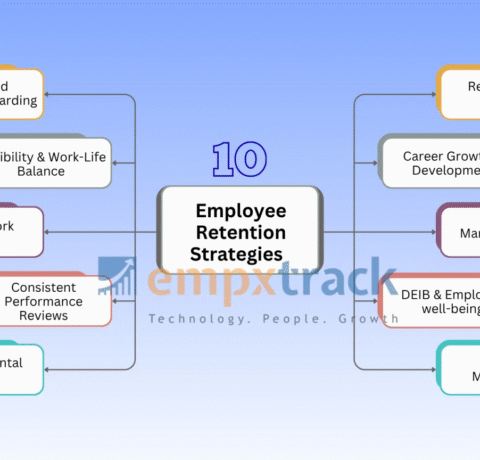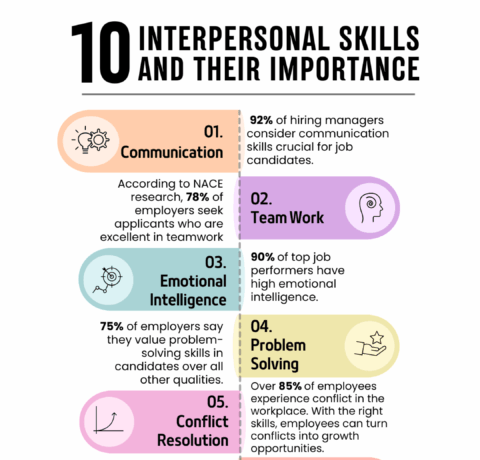Top 10 Benefits of Learning Drums Infographic
Learning to play the drums is extremely fun, but you might be surprised at how many other amazing benefits you can get from playing and mastering this instrument.
1. Reduce Stress
Playing drums can relieve frustration, disappointment, and stress. Whether you’re behind a drum kit, hitting a djembe in a drum circle, or beating a marching band bass drum, drumming is a stress reliever. Playing drums, even for just a few minutes, can boost your mood.
Similar to a “runner’s high,” drummers’ brains release feel-good endorphins immediately after playing music. In the online journal Evolutionary Pychology, researchers concluded, “it is the active performance of music that generates the endorphin high, not the music itself.”
2. Increase Academic Performance
The correlation between musical training and academic performance has been documented a number of times, particularly when it comes to math. Learning to drum, however, can also help you in subjects like English, by helping you identify emotional cues, a skill you can use to identify characters’ thought processes and motives.
So parents, if you’re hesitant about your child learning drums because you’re afraid it will take away from his or her studies, rest assured, learning to drum may actually help your son or daughter perform better in school.
3. Boost Brain Power
When you play drums, you have to coordinate all four limbs to work together at the same time. If you’re right handed, chances are you don’t do much with your left hand. Your brain has to work your non-dominant side to strengthen and coordinate your non-dominant limbs.
In a recent study, researchers found that playing drums can boost brain power in a measurable way, specifically when it comes to IQ.
4. Develop Confidence
Drumming is powerful. To be successful, drummers must learn to play dynamically: loud and soft. The act of playing a loud beat takes guts and confidence. In addition, drummers must possess a growth mindset. That is, you must believe that you can learn challenging parts by starting slow and breaking them down.
Learning drums challenges you to break complex tasks into manageable parts. Then, after persistent practice, you’re able to play something quite challenging. This is a skill that carries over in many areas of life. Believing you’re able to learn difficult material is crucial to overcome obstacles, both in music and in life.
5. Improve Communication Skills
Students with musical training communicate better with peers, are more empathetic, and get lots of practice expressing ideas without using words. Drumming also teaches you to read non-verbal cues, which can help you learn to read between the lines.
6. Be a Global Citizen
Drumming can open your world! Whether you’re learning Latin bossa nova, Afro-Cuban clave, or Jamaican reggae, you can benefit as a musician and a person from learning about musical traditions from all over the world.
It’s fascinating to see how new styles of music develop over time as cultures merged their traditional styles together.
7. Make New Friends
Wherever you go, you will be able to talk with people who speak drums. With lots of opportunities to form your own band or join an orchestra, marching band, drum circle, or percussion ensemble, you will have lots of options to meet new and interesting people.
8. Play Cool Instruments
Learning drums gives you the foundation to play a wide range of instruments: djembe drums, congas, clave, marching bass drums, triangle – even typewriters, spoons, and buckets. A percussionist’s bag of toys is endless, and part of the fun is discovering new sounds to play.
9. Get Fit
A hardy session of drumming is a great way to get your sweat on while having fun. According to one study, “Just by using hand drums and moving to the beat, people burned an average of 270.4 calories in a half hour.” In addition to the calorie burn, rhythmic performance can significantly impact stress reduction and wellness.
10. Lifelong Learning
You can be a drummer at any age. Once you start, you can keep drumming as long as you want. Learning drums will enhance your life well beyond your first few lessons, and as long as you never stop learning, you will have endless opportunities to improve, perform, and be the best musician you can be.







You can adjust your cookie preferences here.